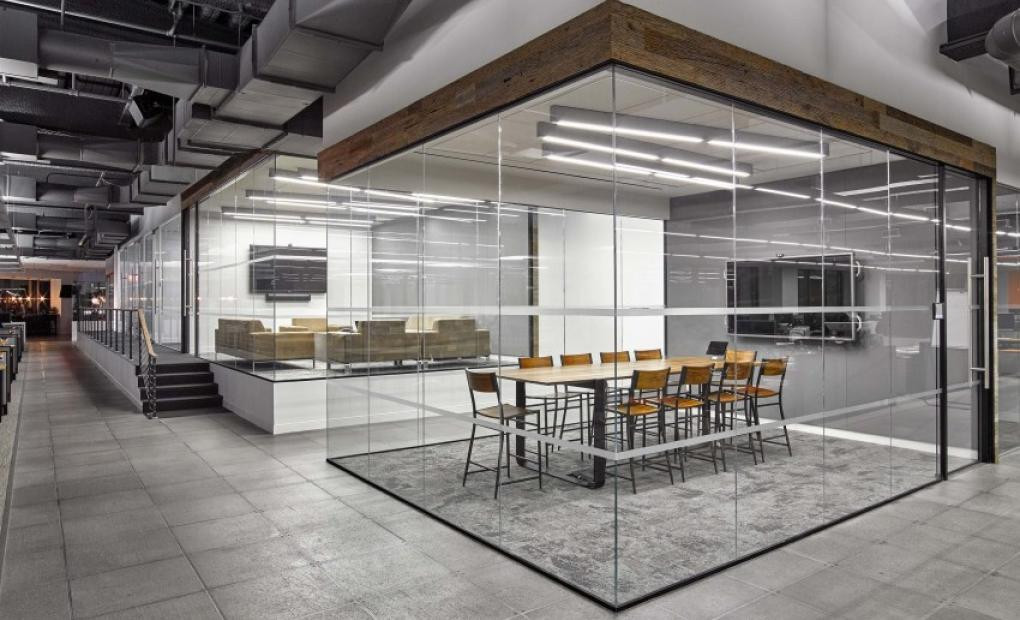Modern Offices: A New Era of Surveillance?
A groundbreaking study by Cracked Labs, in collaboration with AlgorithmWatch, Jeremias Prassl (Oxford), UNI Europa and GPA, has unveiled a disturbing trend: modern offices are transforming into covert surveillance hubs. From Wi-Fi tracking to sophisticated motion sensors, employees are increasingly subject to monitoring that blurs the lines between productivity optimization and intrusive observation. The study paints a detailed picture of how seemingly innocuous technologies are being leveraged to gather personal data, raising serious privacy concerns.
The Technology of Observation
The report highlights the extensive use of networked systems, such as those provided by Cisco and Juniper, that can precisely track individuals' movements based on their Wi-Fi-connected devices. While data collection can aid in optimizing office space and enhancing safety, the level of granularity is cause for alarm. The report cites instances where tracking employee entry and exit times, desk occupancy, and time spent in specific office areas could be used to an employee’s detriment. This level of tracking extends to software such as that offered by Spacewell which utilizes motion sensors, door sensors, and AI-based visual sensors to provide a real-time data floorplan, but instead create significant employee privacy risks.
Beyond Space Optimization: A Deeper Dive into Surveillance
The report reveals how companies are not simply monitoring office spaces, but instead are actively engaging in intrusive behavioral monitoring and profiling of their employees. This raises concerns about the normalization of such monitoring technologies and opens up the possibility of their application to other contexts. The study notes that “As offices… become networked environments, there is a growing desire among employers to exploit data gathered from their existing digital infrastructure”.
The Fallout: Worker Resistance and Public Debate
The revelation of widespread employee surveillance has sparked considerable backlash. The study mentions multiple examples of worker protests and media debates, including high-profile cases like those at the UK’s Daily Telegraph and Barclays. Students at Northeastern University also successfully opposed the implementation of motion sensors, highlighting their concerns about these technologies being “intimidating” and “unnecessary.” These incidents show a growing awareness of the ethical and privacy implications of pervasive office monitoring.
The Future of Work: Privacy in the Age of Surveillance
Cracked Labs's study is a stark reminder of the potential for technology to be used in ways that infringe upon individual privacy. The normalization of these monitoring technologies in the workplace raises questions about the future of employee rights and the need for greater transparency and regulation. The report explicitly accuses companies that employ such monitoring technologies of “intrusive behavioral monitoring and profiling” and warns of their potential for misuse. By highlighting the widespread adoption of office surveillance technologies and the growing concerns they generate, the study serves as a call for action to protect employee privacy and ensure that these technologies are used responsibly and ethically. The concerns raised in this study demand attention and discussion to secure and protect the rights of workers in the years to come. This situation requires careful consideration and proactive measures to prevent potential misuse. Protecting the privacy and rights of employees is paramount in a world increasingly reliant on sophisticated monitoring technologies. The ethical considerations surrounding the use of such technologies in the workplace are profound and demand thoughtful and responsible application. The long-term implications of this technology will shape how we think about work and personal privacy.



















